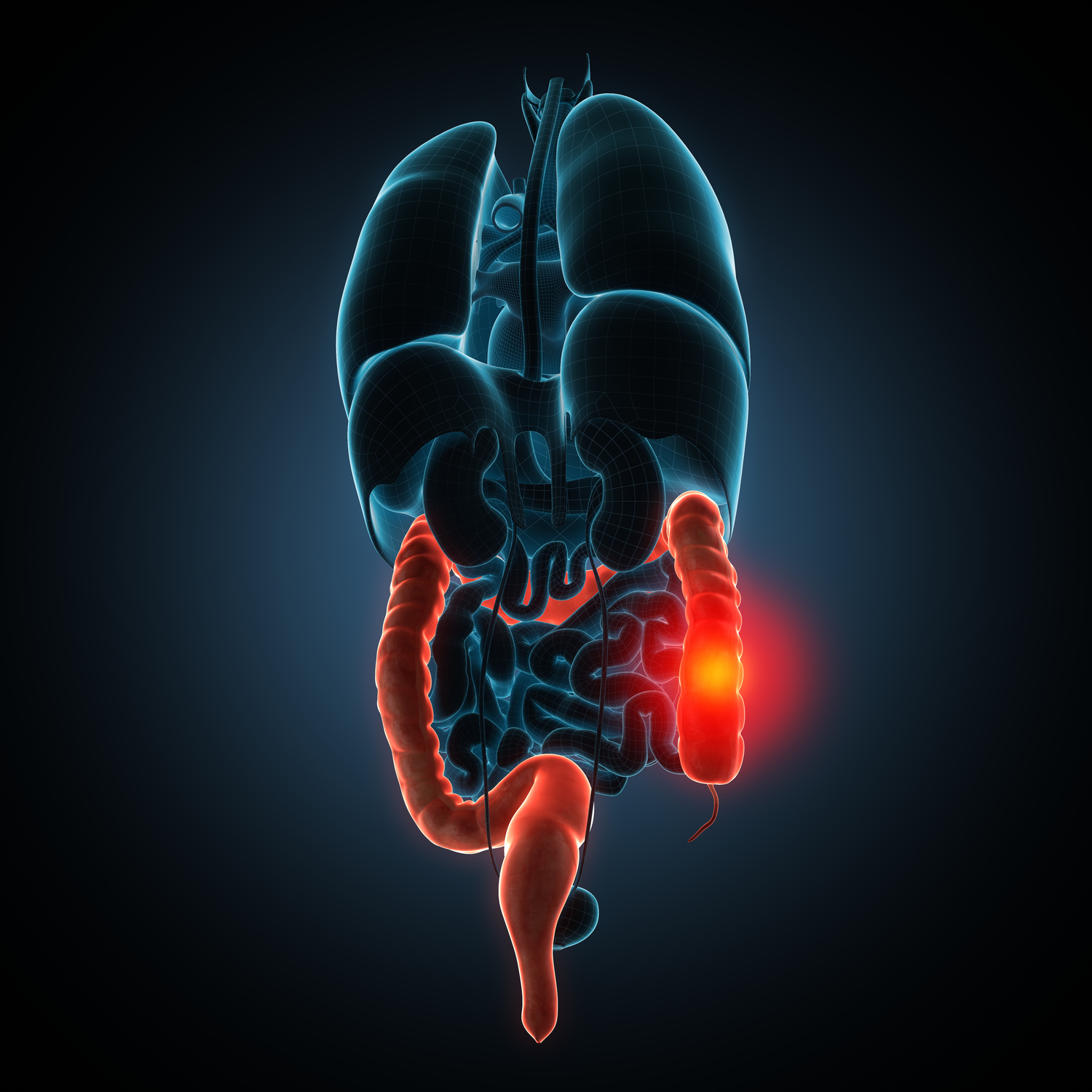Comprehensive Nutritional Strategies to Manage Crohn’s Disease Effectively
Discover comprehensive nutritional strategies to effectively manage Crohn’s disease, including tailored diets, food triggers to avoid, and the importance of personalized nutrition plans. Learn how diet modifications can help reduce inflammation, support healing, and improve quality of life. Understanding these approaches can empower patients to better control their condition through diet alongside medical treatment.

In-Depth Nutritional Approaches for Managing Crohn’s Disease
Crohn’s disease is a chronic inflammatory bowel disease (IBD) that primarily affects the gastrointestinal tract, particularly targeting the small intestine. This condition leads to a range of symptoms, including persistent abdominal pain, diarrhea, weight loss, fatigue, and nutrient absorption challenges. Managing Crohn’s disease requires a multidisciplinary approach, with nutrition playing a vital role in controlling symptoms, reducing flare-ups, and improving overall quality of life.
Research has shown that personalized dietary interventions can be instrumental in managing Crohn’s disease effectively. While the mechanisms behind dietary influence are complex, evidence suggests that strategic nutritional plans, including specific caloric intake methods and food selections, can help mitigate inflammation and support intestinal healing. For example, incorporating elemental diets—liquid formulas that contain essential nutrients in easily digestible forms—can significantly decrease relapse rates and promote remission. These diets are particularly valuable during active flare-ups, as they reduce the burden on the gut and limit exposure to potential dietary triggers.
Understanding the role of diet involves recognizing which foods can trigger inflammation or worsen symptoms. Many Crohn’s patients find that eliminating or reducing certain foods leads to better disease management. Common trigger foods include those high in fiber, such as raw vegetables, seeds, and nuts, which may irritate inflamed intestinal tissues. Instead, cooking vegetables thoroughly, peeling fruits, and opting for low-fiber options like bananas, peaches, or canned fruits can help minimize gastrointestinal distress. Furthermore, choosing lean sources of protein such as well-cooked meat, fish, and poultry provides necessary nutrients without aggravating symptoms.
During active disease phases, increasing caloric and protein intake supports the body’s healing processes and compensates for nutrient losses. High-calorie, high-protein diets aid those experiencing weight loss or malnutrition. Dairy products, including yogurt and cheese, may be tolerated in moderation, but some patients might need to limit or avoid lactose if they experience intolerance. It’s advisable to select easily digestible grains, such as white rice or refined bread, and avoid high-fiber options like whole wheat, barley, or bran that can exacerbate symptoms.
Additional dietary considerations include limiting or avoiding spicy foods, pickled items, nuts, seeds, and foods with artificial additives that could irritate the gastrointestinal tract. Desserts should be simple, such as sorbet, plain cakes, or gelatin, avoiding nuts or seeds. Staying well-hydrated with water or electrolyte-rich beverages is essential, especially during diarrhea episodes. In some cases, nutritional supplements or specialized formulas prescribed by healthcare providers can further enhance nutritional status.
It’s important to emphasize that dietary management should be individualized. Working with healthcare professionals, such as dietitians and gastroenterologists, helps create tailored plans that address specific triggers and nutritional deficiencies. Regular monitoring and adjustments ensure optimal disease control and improved quality of life for Crohn’s patients. Overall, a well-structured nutritional strategy that combines medical treatment with personalized diet modifications can significantly impact long-term disease management, reducing complications and enhancing well-being.





